Das Booot (1981)
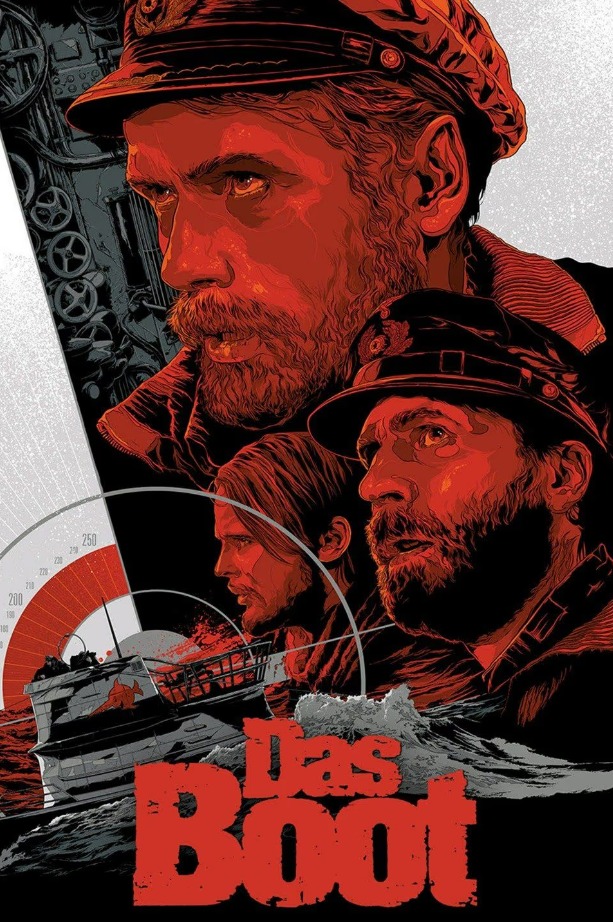
“Das Boot,” directed by Wolfgang Petersen, is a gripping war film set during World War II, chronicling the harrowing experiences of a German U-boat crew. The story is told from the perspective of a young war correspondent who joins the crew aboard U-96 to document their mission. As they embark on their dangerous patrol in the Atlantic, the crew faces the relentless and claustrophobic conditions of submarine warfare.
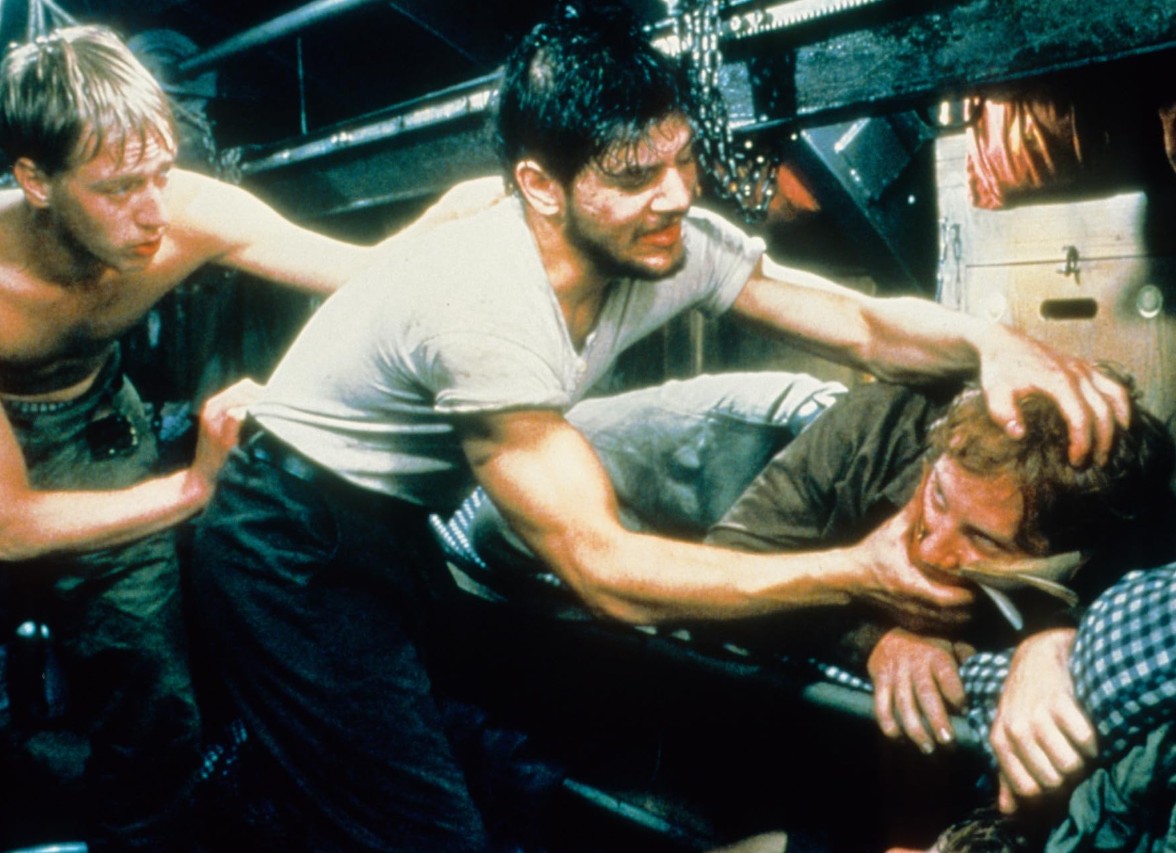
The film delves deep into the lives of the submariners, highlighting their camaraderie, fears, and the psychological toll of prolonged confinement and constant threat of enemy attacks. The captain, a seasoned and pragmatic leader, navigates the crew through perilous encounters with Allied ships and depth charges, demonstrating both strategic brilliance and the weariness of a man who understands the futility of war.
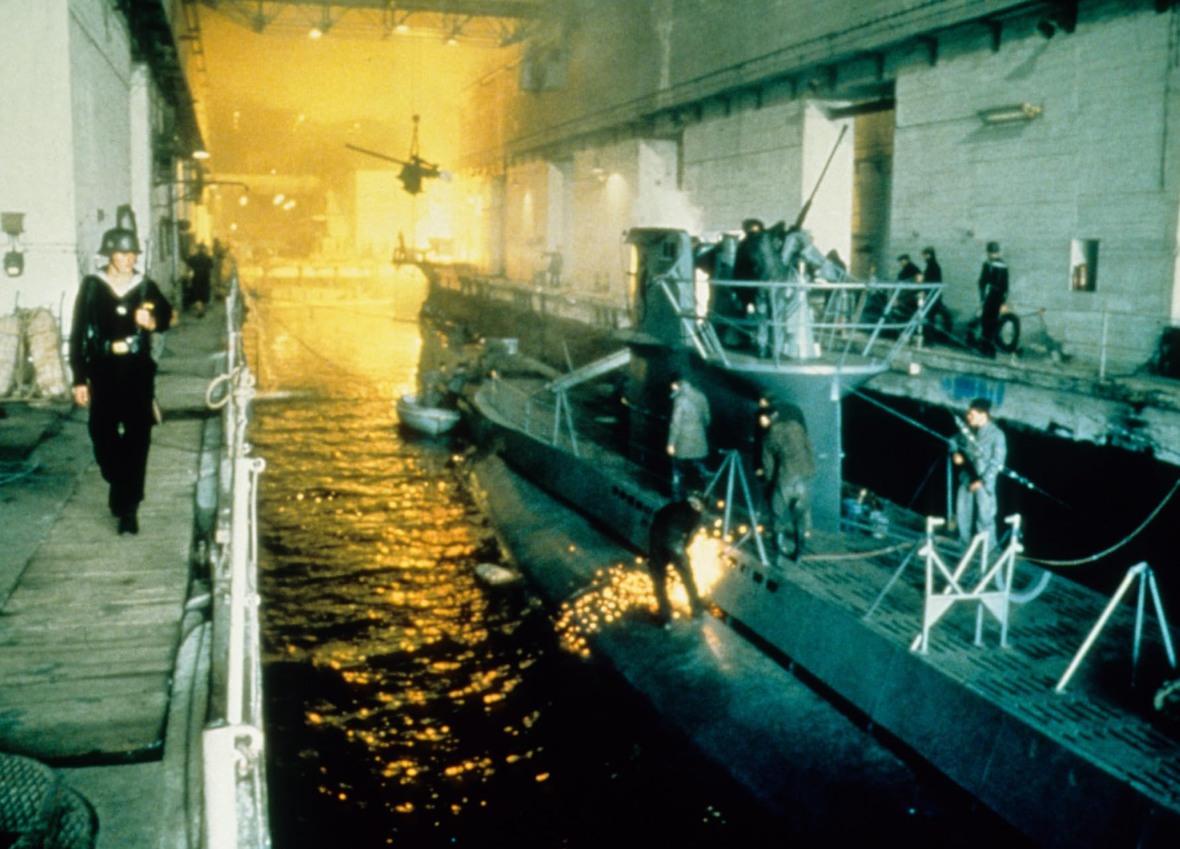
As U-96 undertakes a mission to disrupt Allied shipping lines, the crew endures extreme challenges, including mechanical failures, dwindling supplies, and life-threatening battles. The tension escalates when the submarine is forced to dive to unprecedented depths to evade destruction, putting immense pressure on both the vessel and its occupants.
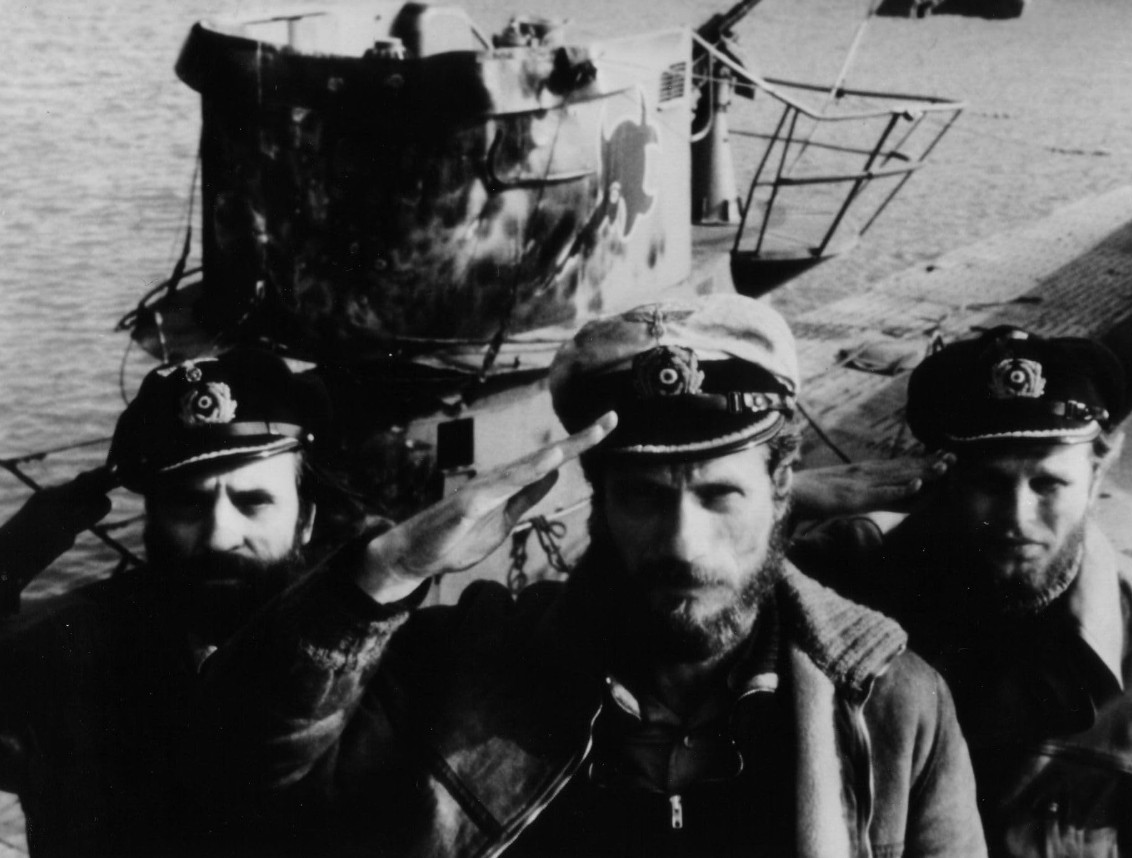
“Das Boot” vividly portrays the physical and emotional strain of submarine warfare, capturing the crew’s moments of despair, resilience, and fleeting triumphs. The film’s realistic depiction of the confined, oppressive environment and the relentless danger faced by the submariners creates an intense, immersive experience.
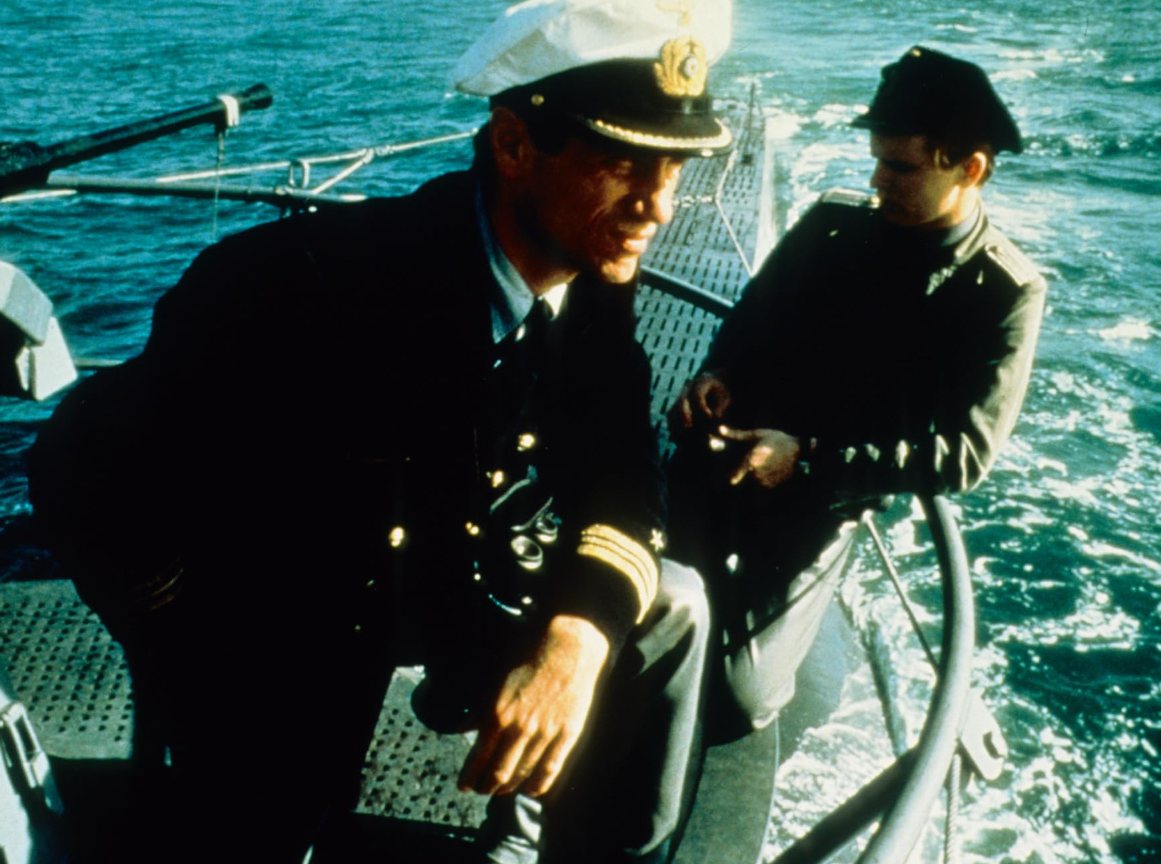
Ultimately, “Das Boot” is a powerful anti-war statement, illustrating the futility and human cost of conflict. The film’s haunting conclusion leaves a lasting impact, as the crew’s brief respite in port is shattered by an air raid, underscoring the relentless and indiscriminate nature of war. Through its compelling narrative and masterful direction, “Das Boot” stands as a poignant and sobering examination of the human condition in wartime.











